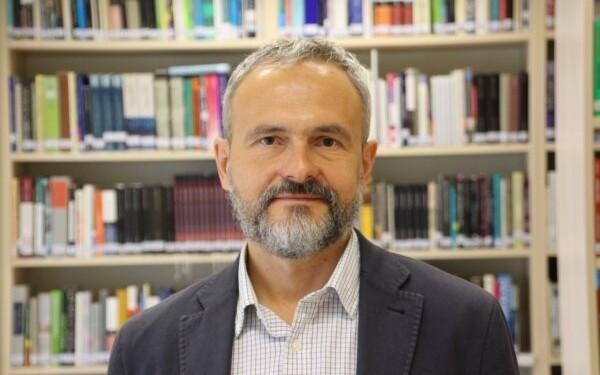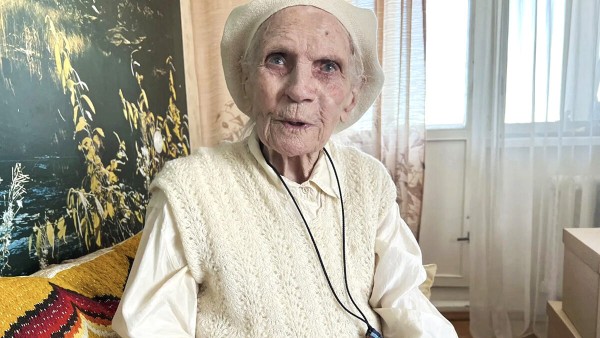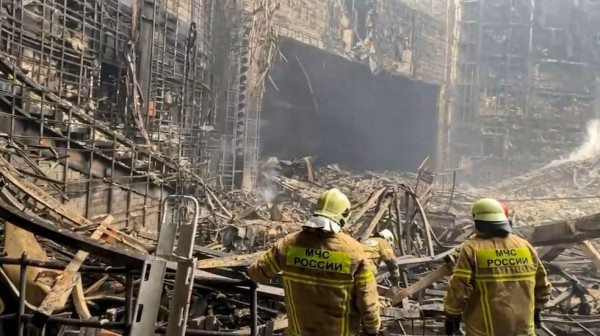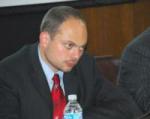
http://www.worldaffairsjournal...
MOSCOW — Seldom is such duplicity found in today’s Russia as in the official attitude to the country’s brief period of democracy in the 1990s and the presidency of Boris Yeltsin. As far as lip service goes, Vladimir Putin is careful to emphasize his respect for his predecessor’s “forceful, direct, courageous character… thanks to which our country did not turn away from the democratic path.” In practice, in the first few years of his (now nearly 16-year) rule he has steadily dismantled all the major hallmarks of Yeltsin’s Russia, including freedom of the media, political pluralism, and genuine competitive elections.
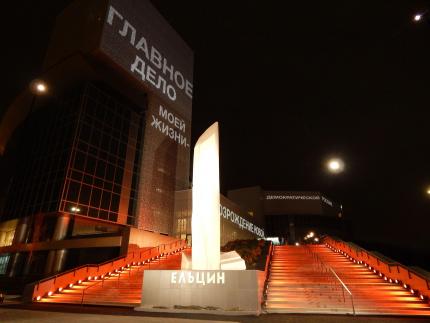
This duplicity was on full display two weeks ago as dignitaries both from the 1990s and from the current era gathered in the city of Yekaterinburg for the launch of the Yeltsin Presidential Center, the first of its kind in the country. No other event in today’s Russia could have simultaneously had as its official invitees Vladimir Putin and opposition journalist Sergei Parkhomenko; Russian oil czar Igor Sechin and Veronika Kutsyllo, editor in chief at Mikhail Khodorkovsky’s Open Russia (at which I am also the federal coordinator).
The Yeltsin Center, modeled after US presidential libraries (indeed, one of its designers was Ralph Appelbaum Associates, which designed Bill Clinton’s library in Arkansas), is a worthy monument to a tumultuous, transformative, and unforgettable era in Russian history. The museum, whose creation was spearheaded by Yeltsin’s daughter, Tatiana Yumasheva, presents the story of the 1990s and of Russia’s first (and, so far, only) democratically elected leader honestly, objectively, and fully, without attempting to hide difficult areas, like the Chechen war or the 1993 constitutional crisis. Among the museum’s original exhibits are pieces of barricades erected by the Moscow White House during the democratic revolution of August 1991, the Russian tricolor that replaced the Soviet red flag over the Kremlin on December 25, 1991, Yeltsin’s presidential limousine, his “nuclear briefcase,” and his fully reconstructed Kremlin office, where he read his resignation speech on December 31, 1999. The museum and multimedia center also houses hundreds of thousands of documents from the 1990s, which are now available to researchers.
A prominent place in the exhibit belongs to Boris Nemtsov, Yeltsin’s deputy prime minister and favored successor, who went on to become opposition leader in Putin’s Russia and was assassinated in the shadow of the Kremlin walls earlier this year. One of the items on display is an orange pullover Nemtsov gave Yeltsin for his birthday in 2005, after Ukraine’s pro-democracy Orange Revolution. The accompanying note, addressed to “Dear Boris Nikolayevich,” reads: “[This] orange color is a hint of what we in Russia are missing today. With every new day, Boris Nikolayevich, I love and value you more and more.”
“The key word inside these walls is freedom,” wrote Parkhomenko, the opposition journalist, as he listened to Putin’s unveiling speech. “Every meter of this museum, every minute spent among these exhibits and these memories is a reproach to [Putin]. For betraying, distorting, losing, handing away to thieves … I wonder what he is really thinking as he is uttering his empty, unnecessary words?”
The 2008 law that paved he way for the creation of the Yeltsin Center calls for establishing such museums for every former president of Russia. A worthy and noble tradition, in a democratic setting. Boris Yeltsin’s museum, created with wide support across the Russian establishment, became possible because, for all his mistakes and his sins, Russia’s first president gained power in a democratic way and relinquished it voluntarily and peacefully. The first cannot be said about Vladimir Putin; the second is not likely to be. It is difficult to imagine that a future Putin Center would be received with the same esteem. Or, indeed, that there will be a Putin Center at all.









